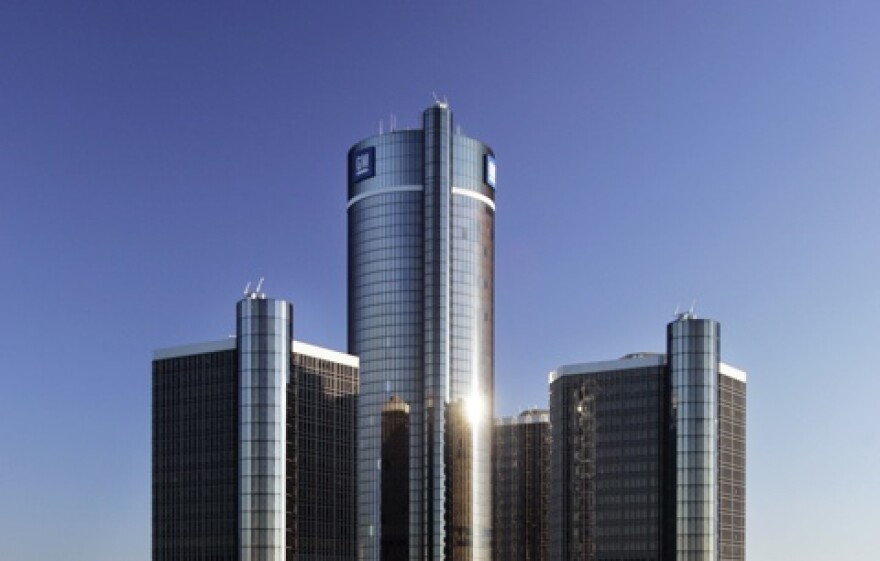Four years after facing the possibility of its own demise, General Motors is free of the controversial government ownership that saved the Detroit automaker in 2009.
"It was an unambiguous success," says Steven Rattner, who headed the Obama Administration's Auto Task Force.
The task force shepherded GM through an unprecedented 42-day bankruptcy.
The U.S. Treasury announced Monday it had sold the last of its stock in GM, at a loss of $10.5 billion.
Despite that loss, "this was by far the better outcome than the alternative," says Rattner, "which would have been liquidation."
GM has been profitable ever since it emerged from bankruptcy, and now, it is free of the onerous restrictions the government placed on its executive compensation.
The bailout was opposed by most Americans at the time - but it was supported by most economists - quite a number of whom feared a GM collapse could trigger an economic freefall - a second Great Depression.
A new report by the Center for Automotive Research estimates the bailout of both GM and Chrysler saved 2.6 million jobs in 2009 and another 1.5 million jobs in 2010.
The report also figures the bailout saved taxpayers far more money than they ended paying.
The government would have lost at least $103 billion in unemployment claims, food stamps, pensions payouts, and uncollected taxes, if GM and Chrysler had folded, says CAR.
Then there's the unfathomable but real possibility of a collapse of the entire auto supplier industry.
Rattner says this is why even GM's fiercest competitor, Ford Motor Company, went to bat for the bailout.
"(Ford CEO) Alan Mulally saw this from a first-hand vantage point," says Rattner. "He understood the consequences of letting those two companies go. He knew that this was not good for Ford, and if it's not good for Ford, then who is it good for?"
Rattner says he was proud to lead the Task Force, which he says was shielded from political concerns by President Obama.
And he says President Bush deserves some of the credit for the success of the intervention. Bush gave GM emergency funding before handing the situation off to Obama.
"He made a decision that was certainly not popular within his own party -- at the end of his term, not to let GM and Chrysler liquidate on his watch," says Rattner. "The money that was put in, was put in as thoughtfully as could be done - given the ridiculous time pressure that the two companies put him under. And I have respect and admiration for the way the Bush administration handled it."
At a press conference in Warren earlier in the day, where GM unveiled its new "Customer Engagement Center," North American President Mark Reuss said one of the biggest impacts will be on morale.
"This has been a long hard road, with a loss of repeat customers, and the label 'Government Motors' and I'm personally excited for that," says Reuss. "I think a lot of the people who work for the company feel that way."
GM is not entirely free of government ownership, however.
Canada and the province of Ontario also loaned money to GM, and converted it to stock. Canada and Ontario still own 7.2% of GM.
In a statement, the Department of Finance Canada said, "The Government of Canada is committed to exiting from ownership of GM as quickly as feasible, while maximizing the return for Canadian taxpayers."



